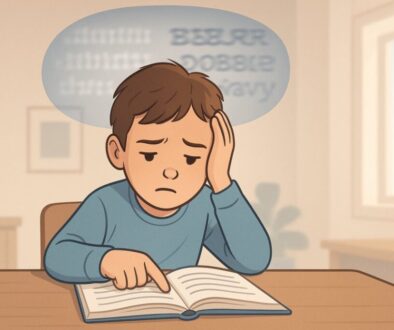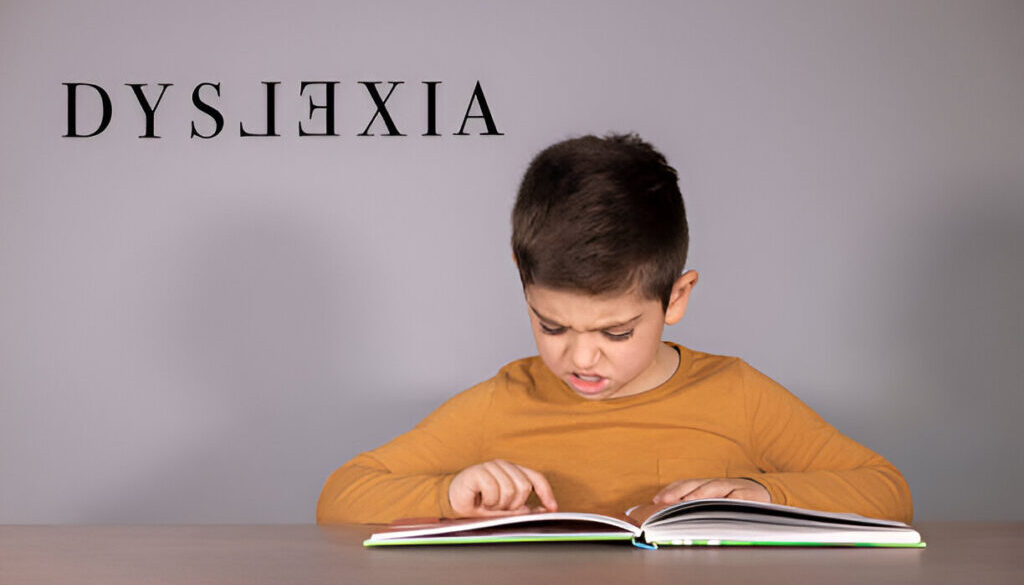
What is Auditory Dyslexia and How Does It Relate to APD?
Understanding the signs and symptoms of both conditions can help parents, educators, and caregivers provide the right accommodations and support for children with APD or auditory dyslexia.
Many children and adults struggle with reading, comprehension, and sound processing without realizing why. For some, the root issue lies in auditory dyslexia or auditory processing disorder (APD). Though often confused, these conditions are distinct. Auditory dyslexia, a subtype of dyslexia, specifically affects the brain’s ability to interpret sounds, making it difficult to process phonemes. Auditory processing disorder (APD), also called central auditory processing disorder (CAPD), impacts how the brain interprets sounds, leading to difficulties understanding speech, especially in noisy environments.
Key Takeaways
-
Auditory dyslexia and APD are distinct conditions that affect how the brain processes sound but require different types of diagnosis and treatment.
-
Auditory dyslexia primarily impacts phonological processing, leading to difficulties in decoding, spelling, and sound recognition during reading tasks.
-
APD disrupts how the brain interprets auditory signals, making it difficult to follow spoken instructions, especially in noisy environments, despite normal hearing.
-
Early diagnosis is essential. Dyslexia should be assessed by a speech-language pathologist, while APD must be diagnosed by an audiologist using specialized tests.
-
Shared symptoms, like trouble with phonemic awareness or following verbal instructions, can mask the true condition—making accurate differentiation crucial.
-
Tailored interventions—such as text-to-speech tools for dyslexia and FM systems or auditory training for APD—can significantly improve academic and communication outcomes.
-
Parents and educators should watch for red flags such as mispronunciations, spelling inconsistencies, or frequent requests for repetition, and seek professional evaluation promptly.
Signs and Symptoms of Auditory Dyslexia and APD Both dyslexia and APD share overlapping symptoms, but the core challenges differ.
Common Signs of Auditory Dyslexia:
-
Difficulty recognizing speech sounds and phonemic awareness
-
Trouble distinguishing similar sounds in words
-
Struggles with reading and spelling
-
Frequent mispronunciations or mixing up syllables
-
Difficulty remembering spoken language
-
Problems decoding new words
Symptoms of Auditory Processing Disorder (APD):
-
Difficulty processing spoken language, especially in noisy environments
-
Frequently asking for repetition or saying “What?” or “Huh?”
-
Poor auditory memory and difficulty following multi-step instructions
-
Trouble understanding rapid speech or multiple speakers
-
Difficulty with phonemic awareness and reading difficulties
-
Struggles with auditory discrimination (telling apart similar sounds)
-
Challenges with background noise filtering.
A child with APD may appear inattentive or struggle in school because they cannot process verbal instructions efficiently. If left undiagnosed, these auditory processing problems can significantly impact learning and communication skills.
Diagnosing and Differentiating Auditory Dyslexia and APD
An accurate diagnosis is crucial because auditory dyslexia and APD require different interventions.
-
APD is diagnosed by an audiologist, who tests the brain’s ability to interpret sounds.
-
Dyslexia is diagnosed through a speech-language pathologist or an educational evaluation focusing on phonological processing, reading difficulties, and learning disabilities.
-
A child with dyslexia may struggle with reading due to phonemic awareness deficits, while a child with APD struggles with distinguishing and remembering spoken sounds.
-
Hearing loss must be ruled out first, as children with hearing abilities intact can still experience auditory processing deficits.
If a child struggles with auditory input, it’s recommended they undergo testing for both auditory processing disorder and dyslexia to develop an effective intervention strategy.
Accommodations for APD and Auditory Dyslexia
Once diagnosed, the right accommodations can significantly improve a child’s ability to learn and process information. Some helpful strategies include:
For Children with Auditory Dyslexia:
-
Phonemic awareness training to strengthen processing skills
-
A structured reading program focusing on decoding strategies
-
Assistive technologies like text-to-speech software to aid in comprehension
-
Breaking words into syllables for easier decoding
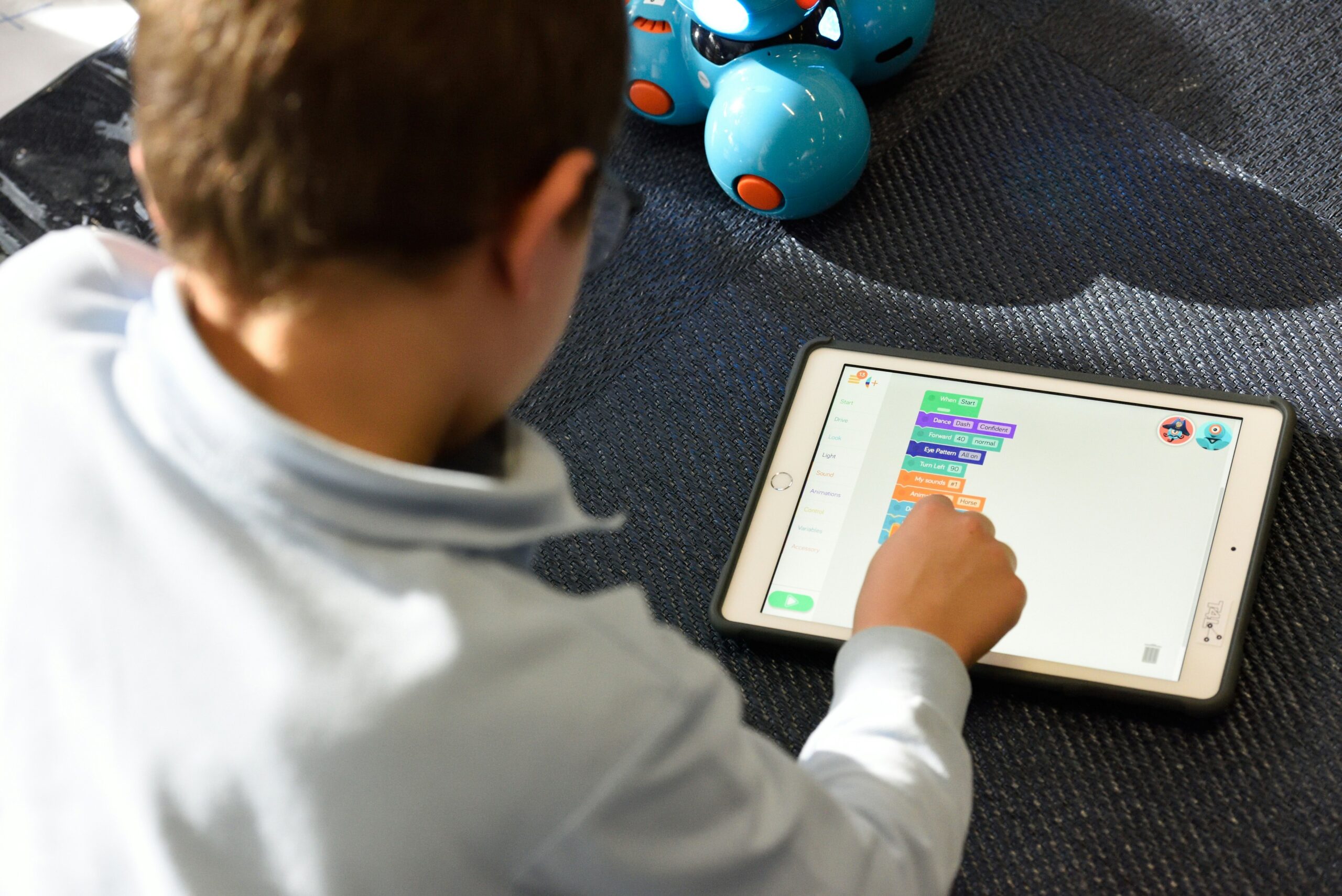
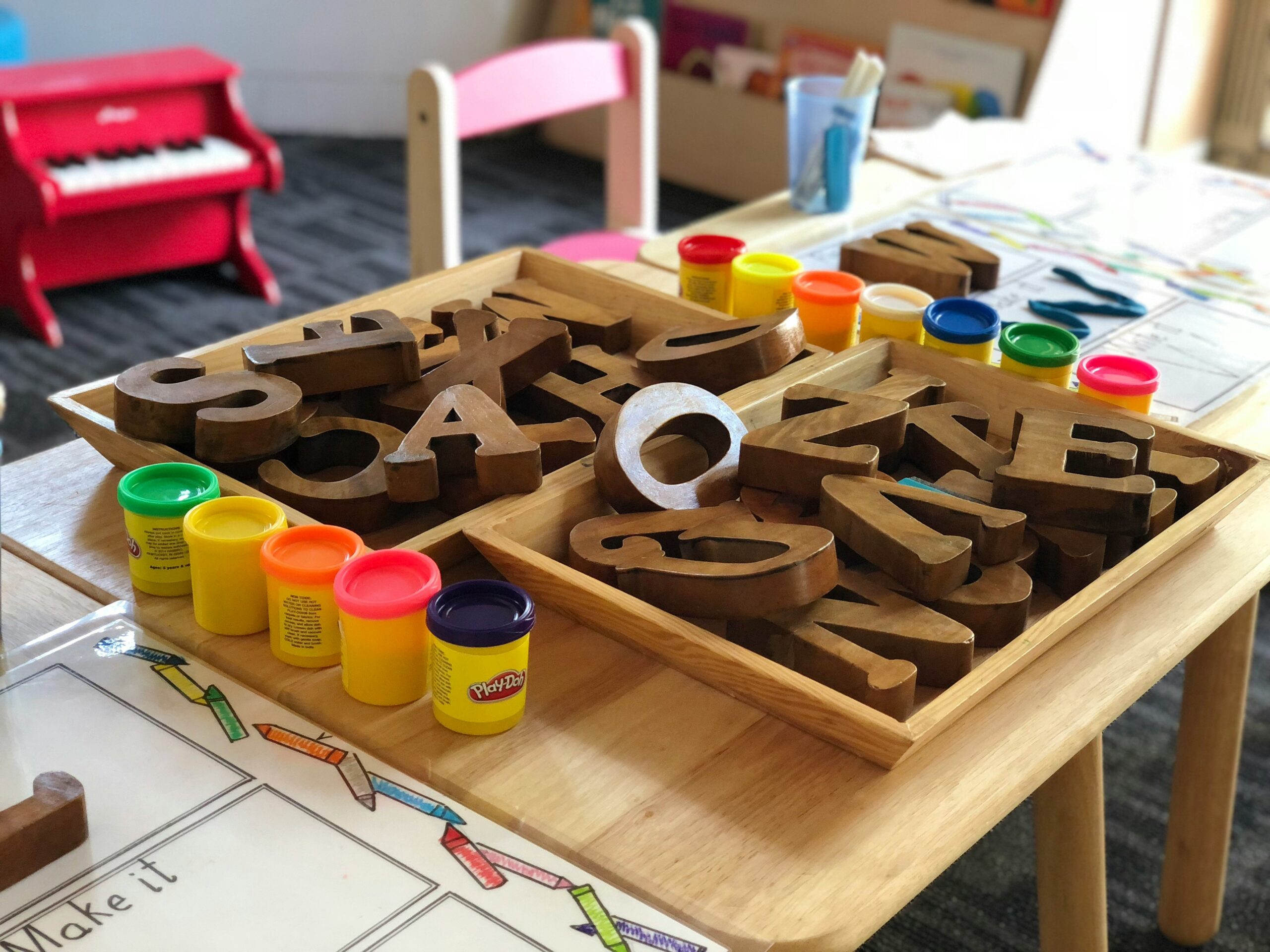
For Children with APD:
-
Preferential seating in the classroom to reduce distractions from background noise
-
FM systems that amplify the teacher’s voice directly to the child
-
Visual supports to reinforce verbal instructions
-
Speech-language therapy to enhance auditory processing skills
Both conditions require early diagnosis and targeted interventions to help children process auditory information more effectively.
Helping Children with Auditory Processing and Dyslexia Challenges
If a child may have auditory dyslexia or APD, the first step is recognizing signs of auditory struggles. Children with hearing abilities intact can still experience processing problems, and undiagnosed APD can lead to academic challenges and frustration.
Steps to Support Children with APD and Dyslexia:
-
Get an Evaluation – Work with an audiologist and speech-language pathologist for an accurate diagnosis.
-
Provide Accommodations – Modify the learning environment with assistive technologies and auditory processing supports.
-
Strengthen Phonological Awareness – Use reading and writing programs focused on phonemic awareness.
-
Encourage Multi-Sensory Learning – Incorporate visual and kinesthetic learning techniques to reinforce auditory lessons.
By allowing children with auditory processing disorder or dyslexia the right tools, we create an inclusive learning environment that empowers their processing abilities and academic success.
How Auditory Dyslexia and APD Impact Academic Performance
Auditory Dyslexia: Key Learning Challenges
Students with auditory dyslexia often face:
-
Phonemic Awareness Gaps: Difficulty breaking words into sounds, causing slow or error-prone reading.
-
Sound Discrimination Issues: Persistent spelling mistakes and word mispronunciations due to trouble distinguishing similar sounds (e.g., “bat” vs. “pat”).
-
Verbal Memory Limitations: Struggles with retaining spoken instructions, impacting participation in discussions.
APD’s Role in Classroom Struggles
Auditory Processing Disorder (APD) undermines learning through:
-
Noise Filtering Difficulties: Competing sounds in busy classrooms drown out teacher instructions.
-
Processing Speed Delays: Trouble keeping pace with lectures or group work, leading to incomplete notes.
-
Misinterpreted Behaviors: Excessive mental effort to hear correctly often mimics attention disorders like ADHD.
7 Red Flags of Auditory Learning Disorders
Educators and parents should monitor for:
-
Repeated requests for clarification (“Can you say that again?”)
-
Labored reading aloud with frequent word-guessing
-
Incomplete tasks due to missed verbal instructions
-
Persistent spelling inconsistencies (e.g., “phone” spelled as “fone”)
-
Avoidance of group discussions or oral presentations
-
Slow response to questions requiring auditory recall
-
Fatigue after listening-intensive activities
Auditory Dyslexia vs. APD
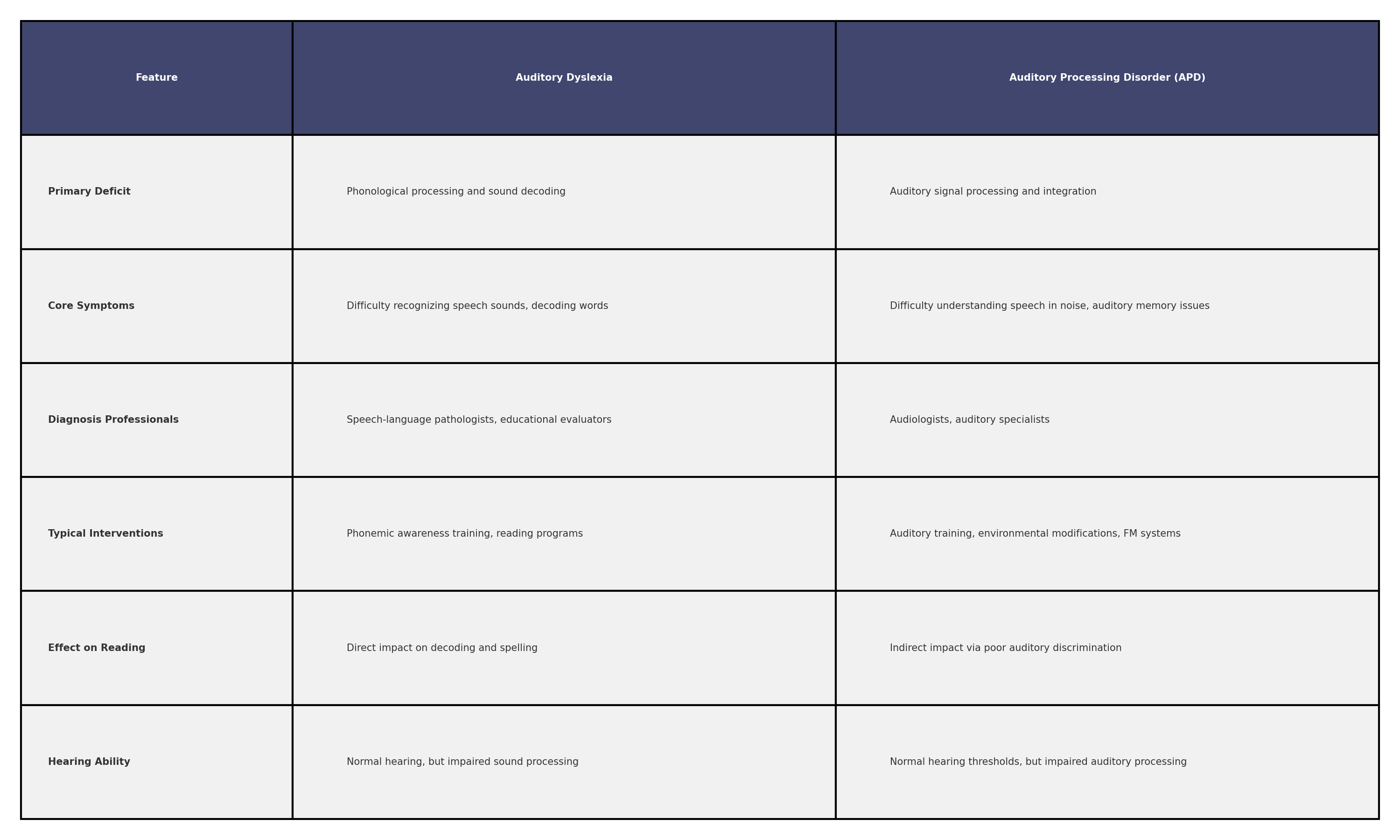
-
Distinct Root Causes:
-
Auditory dyslexia stems from phonological processing deficits, disrupting sound-to-letter decoding for reading/spelling.
-
APD involves auditory signal misinterpretation, impairing speech comprehension in noisy settings despite normal hearing.
-
-
Diagnostic Pathways:
-
Auditory dyslexia: Identified via phonological testing by speech-language pathologists.
-
APD: Diagnosed by audiologists using specialized auditory processing assessments (e.g., sound discrimination tasks).
-
-
Targeted Interventions:
-
Dyslexia: Structured literacy programs (e.g., Orton-Gillingham) + text-to-speech tools.
-
APD: FM systems for clearer teacher audio + auditory memory training.
-
-
Symptom Overlap ≠ Same Support:
-
Both may struggle with phonemic awareness, but APD requires environmental tweaks (e.g., noise reduction), while dyslexia demands decoding skill-building.
-
-
Critical Differentiation:
-
Auditory dyslexia directly harms reading fluency; APD indirectly affects learning via verbal instruction challenges.
-
Final Thoughts
Children and adults with auditory dyslexia or APD often face unique challenges, but with the right interventions, they can thrive. Understanding symptoms of auditory processing disorder, differentiating it from dyslexia, and implementing assistive technologies can dramatically improve outcomes. If you suspect a child’s auditory processing difficulties are affecting their learning, seeking an early diagnosis and appropriate support is essential.
For more information about how we support children with visual processing challenges, visit call our office today!
FAQs
-
What is the difference between auditory dyslexia and auditory processing disorder?
Auditory dyslexia affects phonological processing and reading, while APD impacts how the brain interprets sounds, especially in noisy environments.
-
How can I tell if my child has auditory dyslexia or APD?
-
Who diagnoses auditory dyslexia and APD?
-
What treatments help children with auditory dyslexia and APD?
-
Why is early diagnosis important for auditory dyslexia and APD?
-
Can children with normal hearing have auditory processing disorder?
-
How do auditory dyslexia and APD affect classroom learning?
-
What causes auditory dyslexia?
-
How is auditory processing disorder tested?
-
Can auditory dyslexia be cured?
-
What accommodations help students with APD?
-
Is auditory dyslexia the same as regular dyslexia?


